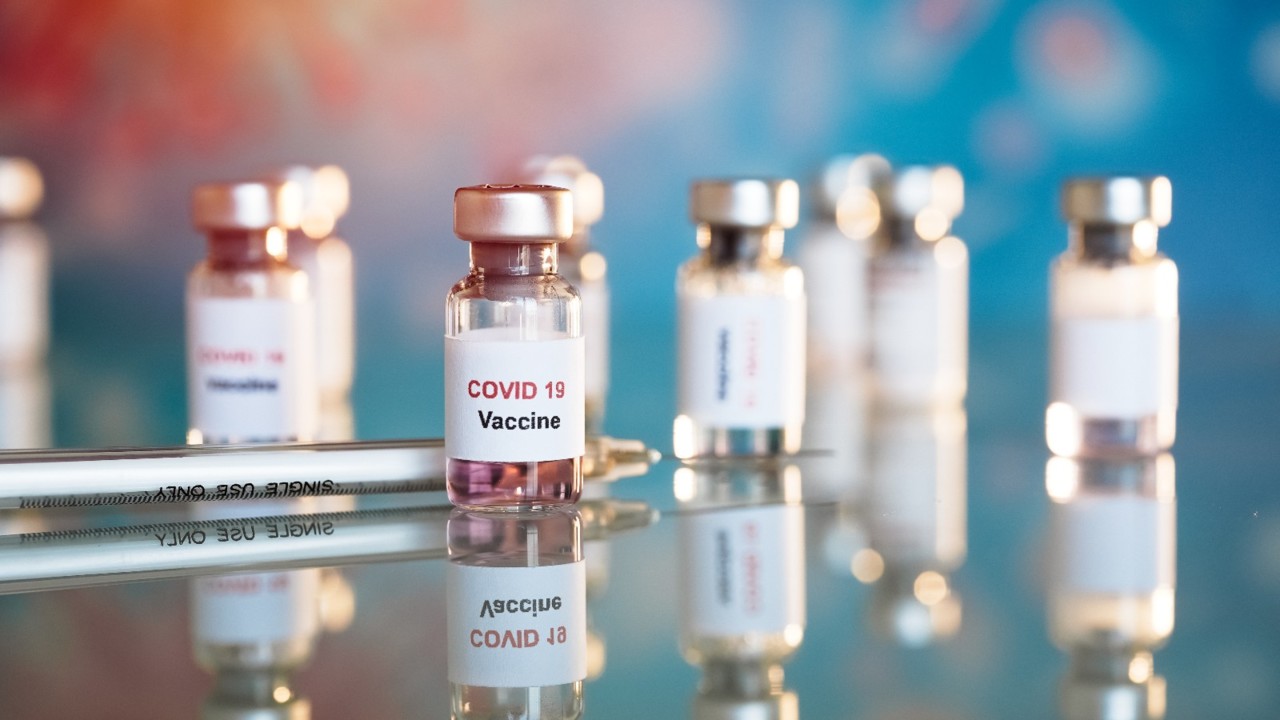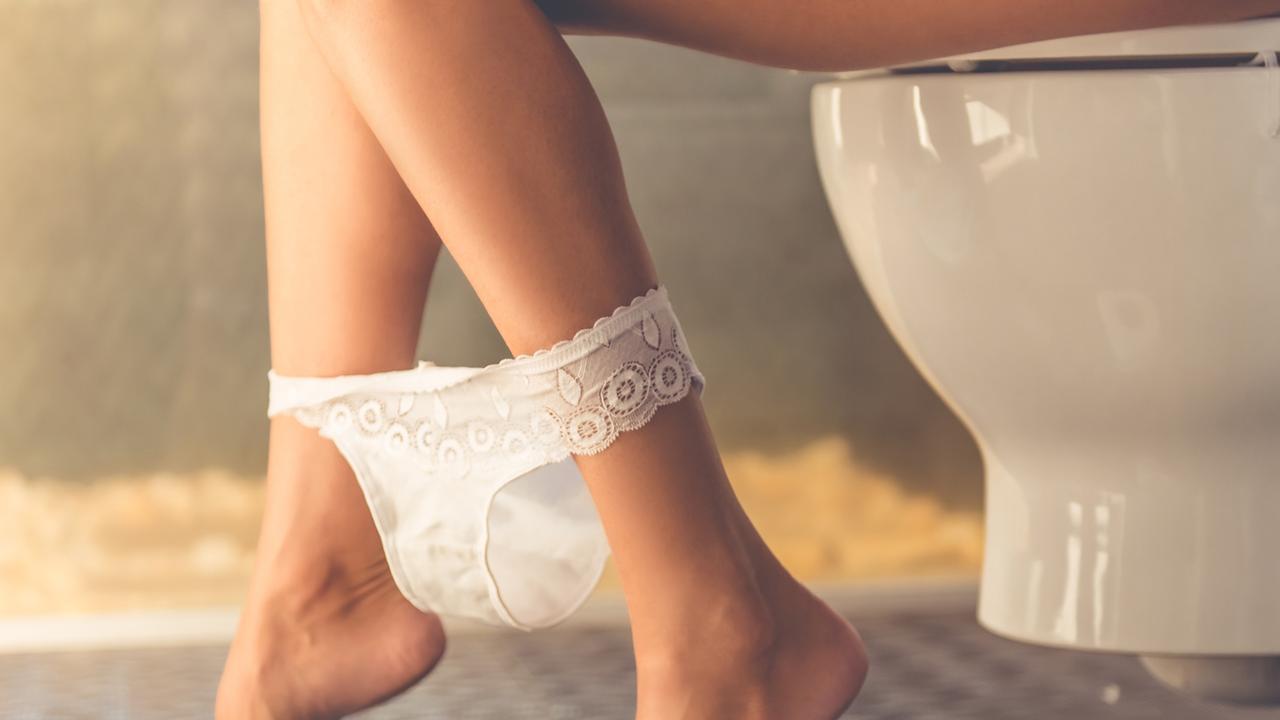Could the Covid-19 vaccines impact your menstrual cycle?
As Covid jabs continue to roll out, a growing number of women are reporting menstrual cycle changes following vaccination.

As Covid-19 vaccines continue to roll out around the world, a growing number of women have reported small changes in their menstrual cycle following vaccination.
A sore arm, headache, and feeling tired, achy or sick are among the typical post-jab side effects people have been warned to look out for – but not period irregularities.
Yet at least 6000 women in the US have reported that their periods have come earlier than usual, felt heavier or just appeared irregular. In Britain, there’s almost six times as many, with 35,000 women experiencing menstrual changes.
Despite anecdotal reports, though, there is no scientific evidence that links the irregularities to the coronavirus vaccines.
“There is no link between the Covid-19 vaccines and changes in women’s menstrual cycles,” a spokeswoman for Australia’s Department of Health told news.com.au in a statement.
“The TGA has conducted a review into Covid-19 vaccines and menstrual disorders in response to increased reporting of these events in Australia and internationally.”
While there isn’t any proven link, Imperial College London lecturer in reproductive immunology Victoria Male has said the irregularities should be further investigated.
In a piece this week for The British Medical Journal, Dr Male wrote that “primary care clinicians and those working in reproductive health are increasingly approached by people who have experienced [changes to periods and unexpected vaginal bleeding] shortly after vaccination”.
“Most people who report a change to their period after vaccination find that it returns to normal the following cycle and, importantly, there is no evidence that Covid-19 vaccination adversely affects fertility,” she added.
Why could the vaccine affect your period?
Menstrual changes have been reported after both the mRNA (Pfizer and Moderna) and adenovirus vectored vaccines (AstraZeneca), “suggesting that, if there is a connection, it is likely to be a result of the immune response to vaccination rather than a specific vaccine component”, Dr Vale said.
“In theory, a vaccine could affect a woman’s period. A vaccine is meant to induce an immune response in the body, and this immune response could have an impact on the menstrual cycle,” University of Auckland Department of Obstetrics and Gynaecology senior lecturer, Michelle Wise, explained in a piece for The Conversation in April.
“The [menstrual] cycle is mediated in part by the immune system. For example, certain immune cells … are found in the endometrial lining, and involved in the shedding of the lining of the uterus during the menstrual cycle, and rebuilding it for the next cycle.
“So it’s possible receiving a vaccine and having the expected immune response could affect the complex interplay between immune cells and signals in the uterus, and lead to the next period being heavier, more painful or longer.”
Dr Wise noted that there “are many reasons” why a woman’s period could be irregular, and that it should not automatically be chalked up to the vaccine.
“Anything that impacts hormones or your immune system, such as stress, diet, exercise, sleep or illness, could impact your cycle,” she wrote.
“In this regard, the vaccine could possibly affect your cycle indirectly too. Some women may be stressed about getting the vaccine, while others will feel relieved at being vaccinated.
“The good news is that if you experience disruptions to only one cycle — whatever the reason — there’s likely no need to be concerned. If irregular, painful or heavy periods persist for more than three months, then speak to your doctor.”
Irregularities are no reason not to get the vaccine
Dr Wise stressed that reports of menstrual irregularities are not a reason to avoid getting the vaccine.
“Getting infected with Covid-19 is much more likely to interfere with your health, including your menstrual health,” she said.
“There’s certainly no scientific basis to reports some women have experienced changes to their periods from simply being around people who have been vaccinated.
“If you’re eligible to receive a vaccine, then do so. And if you do have a heavier period next month, think of it like a temporary side effect, and try not to worry.”

False claims driving vaccine hesitancy
Dr Male said, understanding any “possible adverse reaction remains critical to the overall success of the vaccination program”, which is why more research does need to be completed.
“Vaccine hesitancy among young women is largely driven by false claims that Covid-19 vaccines could harm their chances of future pregnancy. Failing to thoroughly investigate reports of menstrual changes after vaccination is likely to fuel these fears,” she said.
“If a link between vaccination and menstrual changes is confirmed, this information will allow people to plan for potentially altered cycles. Clear and trusted information is particularly important for those who rely on being able to predict their menstrual cycles to either achieve or avoid pregnancy.”
More Coverage
In the US, the National Institutes of Health (NIH) has announced a $A2.28 million study to investigate the reports, conducted by researchers at Boston University, Harvard Medical School and Johns Hopkins University among others.
“Our goal is to provide menstruating people with information, mainly as to what to expect, because I think that was the biggest issue: Nobody expected it to affect the menstrual system, because the information wasn’t being collected in the early vaccine studies,” the NIH’s National Institute of Child Health and Human Development director, Diana Bianchi, said.
“We were worried this was contributing to vaccine hesitancy in reproductive-age women.”





